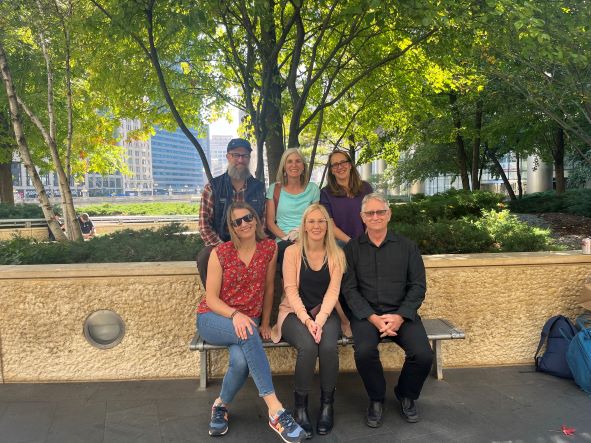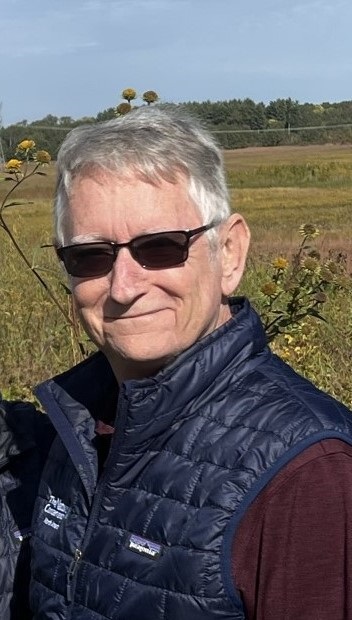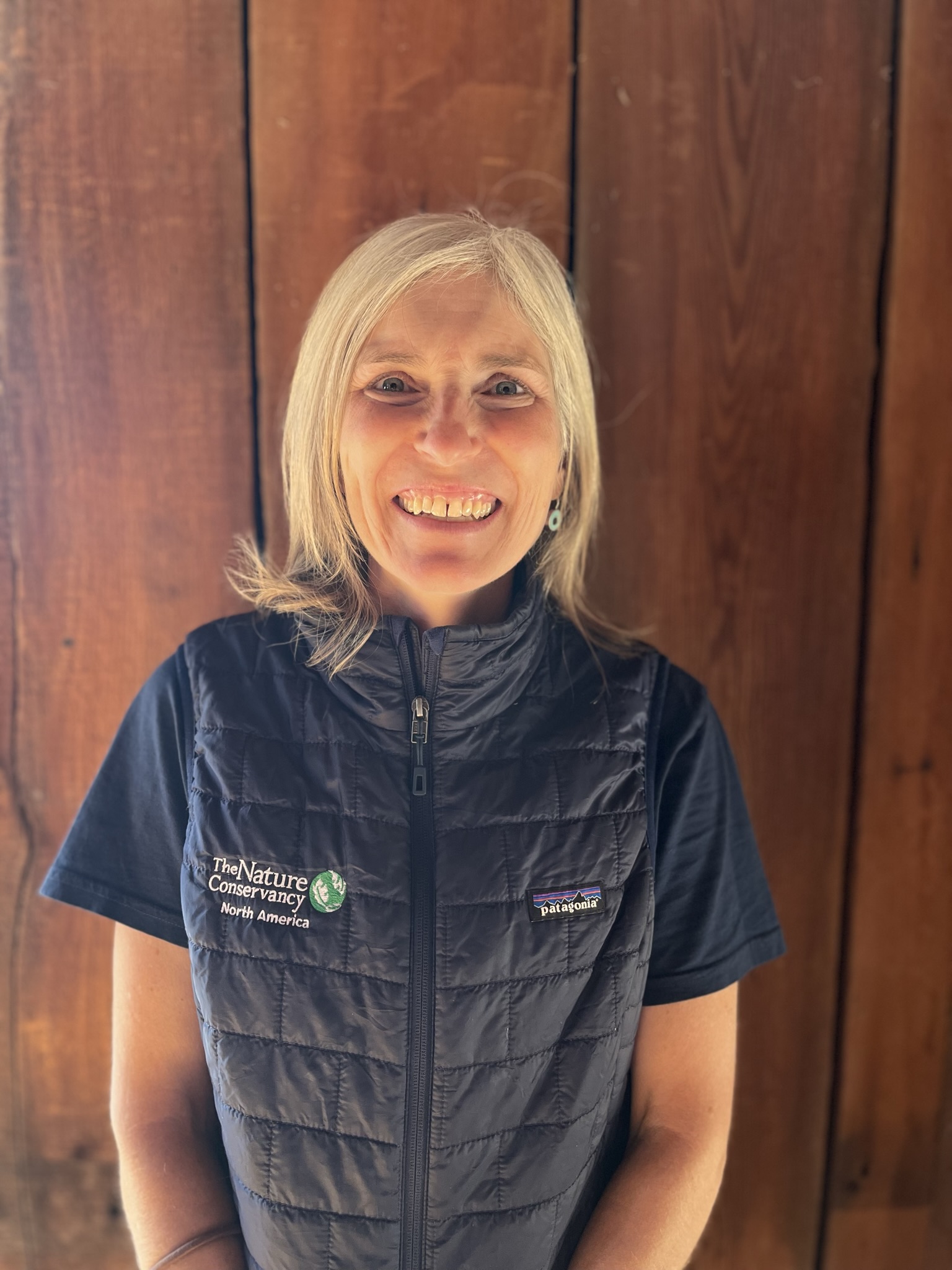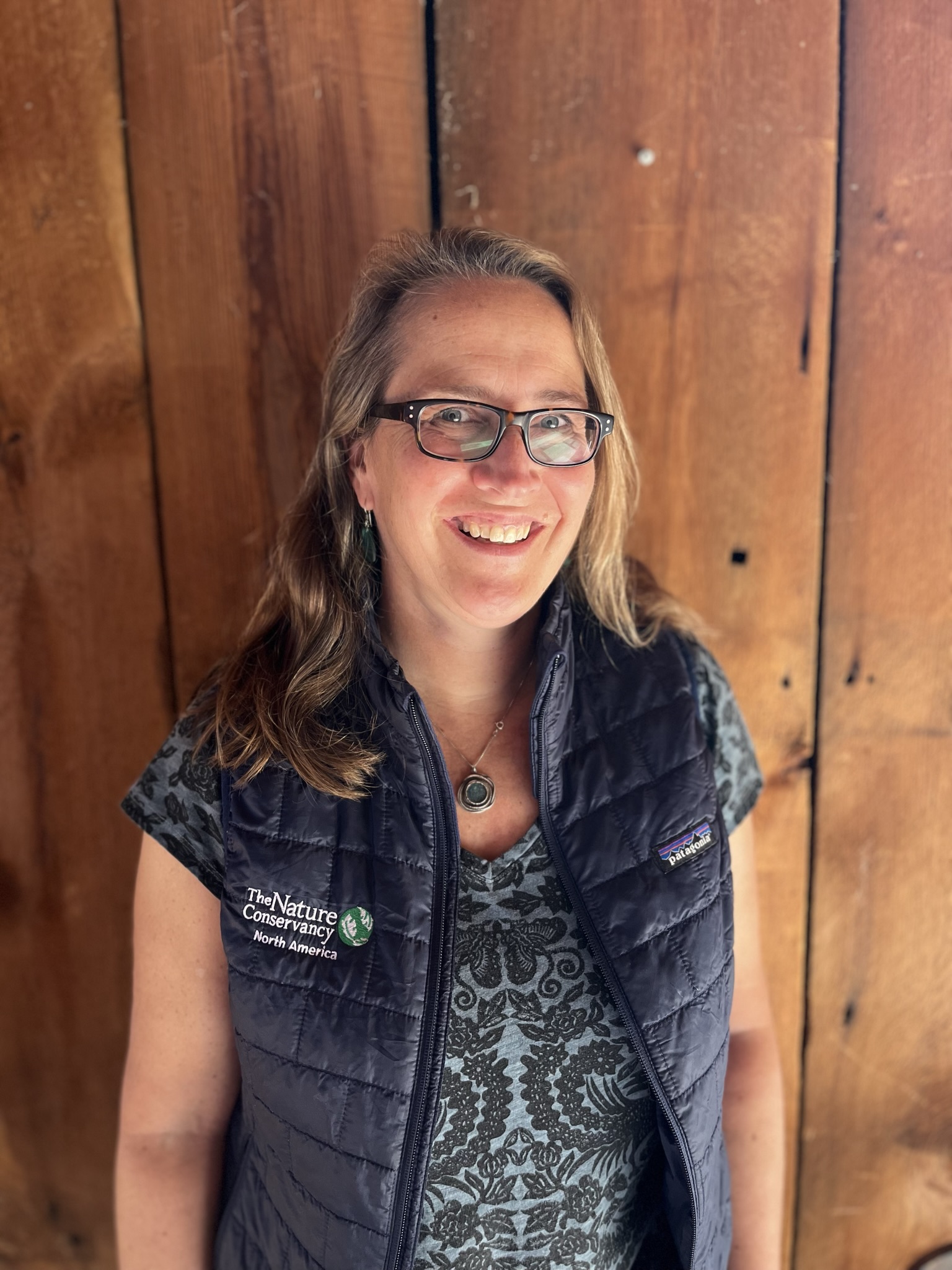
LANDFIRE is a national program with partners, colleagues and resources spread across the United States. The Conservation Gateway is the central site for The Nature Conservancy's LANDFIRE Team. We are located coast to coast -- Florida, Michigan, Minnesota, Colorado, Oregon, and offer stellar user support.
Jim Smith, LANDFIRE Program Lead, Salem, Virginia 
Jim Smith is currently The Nature Conservancy (TNC) Project Lead for LANDFIRE where he acts as the liaison between natural resource professionals, program developers, ecologists and everyday LANDFIRE users. Jim leads targeted, coordinated outreach and analysis to improve conservation outcomes. Jim works at a variety of scales to help LANDFIRE users ask the right questions, get the best information and arrive at thoughtful solutions. Jim publishes in peer-reviewed journals, participates in professional presentations and workshops and provides technical support to the productive team he leads at TNC. Jim has received awards from the International Spatial Accuracy Research Association, the American Society for Photogrammetry and Remote Sensing, ESRI and the U.S. Geological Survey. Jim resides in Salem, Virginia. Jim can be reached at
jim_smith@tnc.org. | Google Scholar citations
Kori Blankenship, Fire Ecologist, Bend, Oregon 
Kori Blankenship is a Certified Fire Ecologist with The Nature Conservancy’s (TNC) LANDFIRE team. Kori combines on the ground experience in forestry and fire with technical expertise in ecological modeling and data science to support conservation and land management efforts across the U.S. Her current projects focus on understanding historical fire regimes, measuring contemporary changes in fire frequency and severity, and quantifying ecosystem conditions. Previously Kori worked at the Missoula Fire Science Laboratory, the Wenatchee National Forest, and Rocky Mountain National Park. Kori earned a Bachelor of Arts and a Master of Science in Geography from Western Washington University. Kori can be reached at
kblankenship@tnc.org. | Google Scholar citations
Megan Dettenmaier, Communications Lead, Reno, Nevada .JPEG)
Megan Dettenmaier is a Communications Lead for The Nature Conservancy’s LANDFIRE Team. She leads communications between everyday LANDFIRE users and behind the scenes LANDFIRE staff. Megan uses her knowledge and appreciation of ecology to implement innovative communication strategies that benefit both seasoned LANDFIRE users and LANDFIRE beginners. With the help of the TNC LANDFIRE Team, Megan takes a practical approach when communicating complex LANDFIRE concepts with existing (and potential) LANDFIRE users. Connecting and helping the LANDFIRE community is her top priority and can be observed through her leadership with outreach strategies including “LANDFIRE Office Hours”, the LANDFIRE “Brief” and LANDFIRE’s growing social media presence on Twitter (@nature_landfire) and YouTube (@landfirevideo). Megan can be reached at meg.dettenmaier@tnc.org
Sarah Hagen, Spatial Ecologist, Minneapolis, Minnesota .jpg)
Sarah Hagen is a Spatial Ecologist for The Nature Conservancy’s (TNC) LANDFIRE Team and the Illinois Business unit. She uses her background in ecology and GIS to support conservation planning, land protection, and land management at multiple scales. Sarah’s LANDFIRE contributions include combining datasets to best understand the past and current conditions of a landscape, building fire needs assessments, and using LANDFIRE data to identify the most important places to protect. Sarah has a background in grassland conservation and serves as the grasslands expert on the LANDFIRE team. She also has a passion for cartography and accessibility and would happily spend all her time helping everyone create beautiful maps that are accessible to all users. Sarah serves as co-lead of the WebGIS committee on TNC’s organizational Geospatial Council and advises anyone who will listen on the basic principles of Universal Design. Sarah has a B.S. in wildlife ecology, a M.S. in environmental conservation, and a graduate-level certificate in GIS from the University of Wisconsin. She also earned a certificate in climate change and public health from Yale University. Sarah can be reached at shagen@tnc.org.
Kim Hall, Climate Ecologist, Haslett Michigan 
Kim is a Climate Ecologist with the North America program. Her work focuses on addressing climate change vulnerabilities within site and landscape-scale conservation. She was part of the science and outreach team for the "Conserving Nature's Stage" project for the Great Lakes & Tallgrass prairie region, the Great Plains, and the Western US. She led a project designed by Brad McRae & funded by NASA to update the Circuitscape and Omniscape software, including climate connectivity applications. Kim enjoys supporting new applications of these tools, and contributing to updates and continued development of Brad's software. She is building from a past SNAPP (Science for Nature and People Partnership) working group focused on strategies for reducing risks to people and nature from climate-related increases in drought risks. The work involves demonstration projects in MT and OR where they are applying their SNAPP ecological drought framework, and visualization tool. Kim is broadly interested in improving TNC's use of science through better data visualization and communication and she is actively engaged in climate adaptation guidance development and networking including helping to organize the National Adaptation Forum. Kim can be reached at kimberly.hall@tnc.org. | Google Scholar citations
Randy Swaty, Ecologist, Marquette, Michigan .JPEG)
Randy Swaty is an Ecologist for The Nature Conservancy’s (TNC) LANDFIRE team and co-lead of the Conservation Data Lab. He uses his ecological knowledge and programming expertise to assist natural resource professionals seeking the best data to support their work. Randy leads problem-solving and data exploration sessions and demonstrates the power of leadership and coordination through his wide professional network. His work has ranged from supporting mycorrhizal fungi experts to map potential fungal communities (see Swaty et al., 2016) to developing a template for forest professionals to follow when preparing for forest certification audits. Randy's accomplishments include the publication of multiple peer-reviewed publications and participation in numerous professional presentations but most of all, Randy enjoys connecting with natural resource professionals and helping them find ways to best leverage the power of LANDFIRE data to advance and amplify their work. Randy can be reached at rswaty@tnc.org. | Google Scholar citations
TNC Team Generic Mailbox

The Connection Between The Nature Conservancy and LANDFIRE
In this interview, Jim Smith, TNC LANDFIRE Program Lead, describes how LANDFIRE helps the Conservancy advance conservation in North America. Jim summarizes the Program's history, its context within TNC, LF product advancements, and plans for the future.
